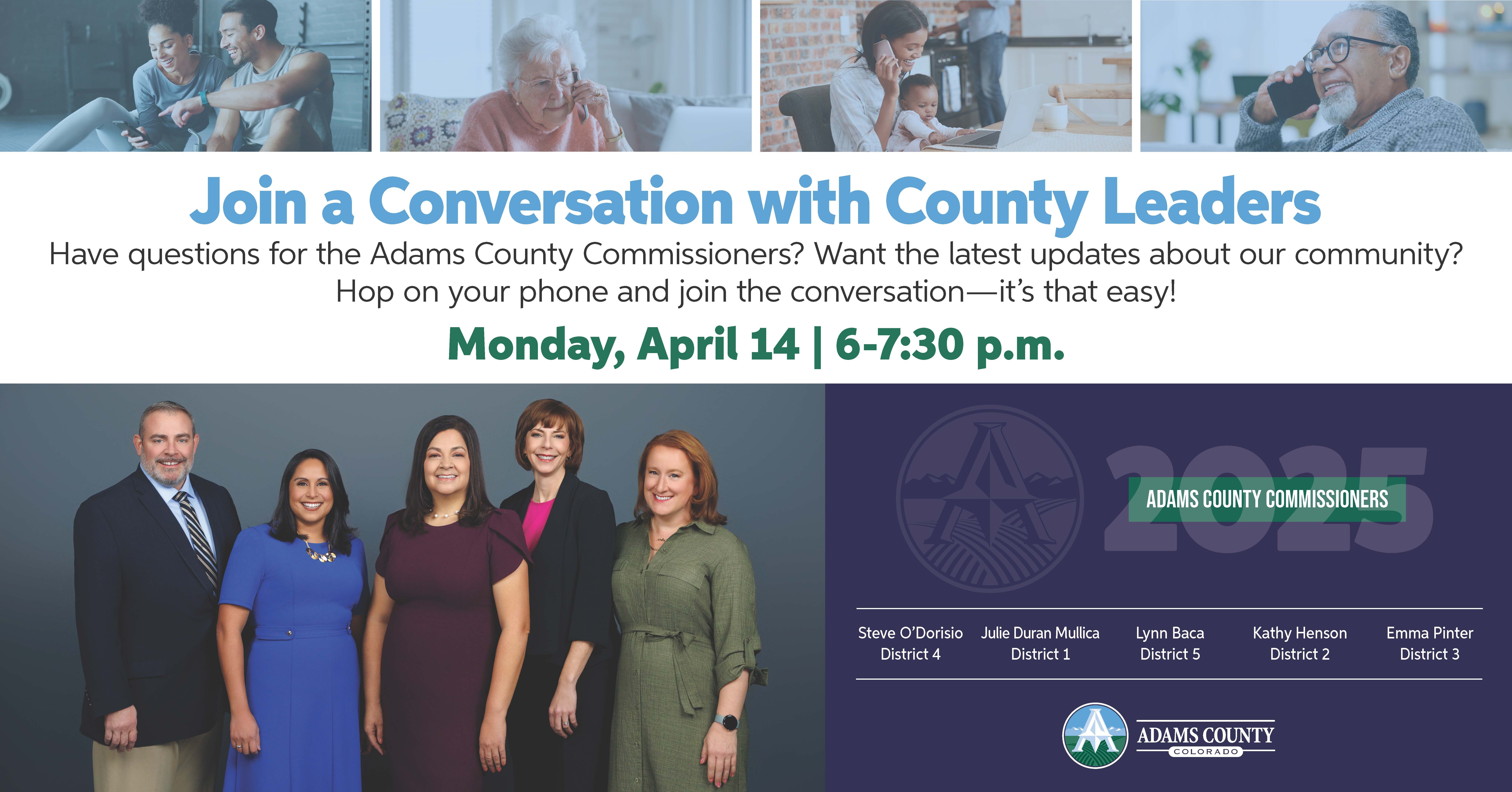Menu
FAQs
YOU CAN…Foster parents can be couples or single adults over age 21, who can support themselves financially. You may live in either a house or an apartment. If you have a strong desire to make a positive difference in a child’s and family’s life and are willing to open your home and provide a nurturing, loving and supportive environment, YOU can be a foster parent.
Adams County Human Services covers the cost for families to become certified. Once certified, we request you remain with Adams County for six months. If you decide to move agencies in that six- month period, you will be charged for the cost of the home study. Please speak with the foster parent recruiter for the current cost.
The estimated time to become certified with our program will take approximately six months from the time you complete a pre-training interview until your certification caseworker completes your home study. Please note times can vary.
Becoming a foster parent is simple, but takes time and determination to complete. All requirements for becoming a Foster Parent are intended to provide safety and security for both child and foster family. The first step in the process is to attend an Adams County Foster Parent Information Meeting.
- Foster parents receive a monthly reimbursement for food, shelter, clothing, and recreation for each child.
- Children in foster care are covered by Medicaid for both medical and dental care.
- On-going training to enhance their knowledge and skills so they can provide the best possible care to meet the unique needs of children in foster care.
- Support and supervision from agency workers.
It depends on the child and the parents’ situation. Every effort is made to reunify children with their families as soon as possible. Each family is different, but an average time a child would be with you is between 6 and 18 months.
Yes. In order to maintain the parental bond between parent and child, a visitation plan is required. As a member of the team, you will be expected to assist in helping support reunification. The child’s case worker will discuss with you the specific plan at the time of placement.
Yes. We want the children in your home to be included in all aspects of family life. Arrangements must be made with the case worker in advance for any out-of-state travel, which must be approved by the court.
No, children in foster care are required to attend public school.
Children in foster care need educational stability, therefore, it is critical to keep them in their school of origin, if possible. Once a child or teen is placed into your home a best interest determination meeting will be held. During that meeting a decision on where the child should be educated will be made.
Children in foster care can see any physician that accepts Medicaid.
Yes. We understand that foster parents need a social life of their own. Rules regarding babysitting will be shared with you in your pre-placement training. Click here for more information.
No, families and their childrenin foster care can enjoy having pets. We would only be concerned if there were issues of safety, cleanliness, or health factors, i.e. a child’s allergies.
Yes. Law prohibits foster parents from using any form of physical punishment. Positive discipline, combined with warmth and caring, should be used in educating the child to conform to the standards of your family and our society. You will be provided with many training opportunities in order to understand the most appropriate methods of discipline.
Yes. Foster parents have the right to accept or decline a child offered for placement.
Yes, to the extent that information is available and pertinent to the care of the child. You have a right to ask any questions you feel necessary.
Yes,teens in foster carer are allowed to earn their driving permits and license. However, it is required to have approval from the child's caseworker and supervisor.
In many cases, yes, however, it does depend on the needs of the children who will be sharing a room.
No, the foster care reimbursement is not considered income. You should contact a tax consultant if you have any questions.
It is important to keep in mind the goal of foster care is to provide temporary care for a child in a family setting until the family can be reunited. If this goal cannot be achieved another permanent plan for the child is developed. If the child becomes available for adoption, foster parents can apply and they will be given special consideration.




